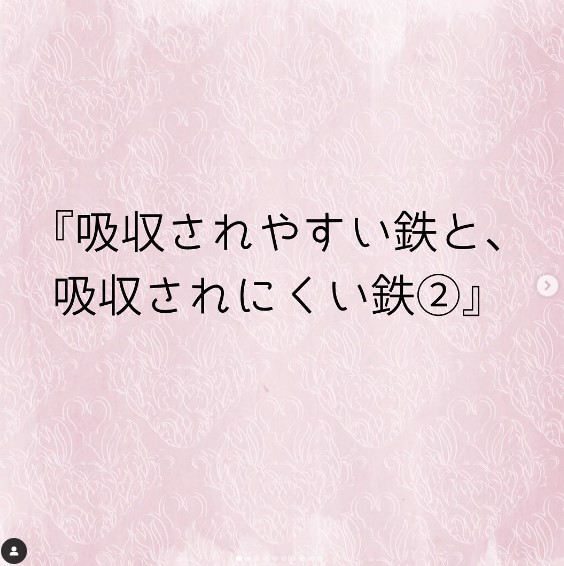にくい (nikui) Meaning Japanese Grammar - Difficult To
Anna Baffa Volpe
Get in touch with meThe adjective にくい (nikui) means difficult, hard.
It is an い adjective and in this post we'll see its use combined with the verb base used to create the polite form ます.
The meaning it takes on is difficult to do, hard to do.
In this post we learn more about the meaning of にくい, how it is formed and when にくい is used through real example sentences.
How and when to use にくい
The structure we will go through in this post is formed by:
- the Verb Base
- and by the adjective にくい.
It expresses something that is difficult to do, hard to do.
The antonym expression has the same structure, but uses the adjective やすい and is translated easy to do.
この機械は使いにくい。
This machine is difficult to use.
How にくい is formed
にくい is generally transcribed in hiragana, but it has its own kanji and is 難い one of the kun readings along with 難しい difficult, hard.
In this post, we see the use of にくい with the verb base used in the polite form in ます.
The Ichidan Verbs have an unique base obtained removing the kana る.
For the Godan verbs we use the base B2 ending with the kana in い in the syllabic series かきくけこ.
Ichidan verb: 食べる eat
食べ難いフルーツ
Inedible fruit
Hard-to-eat fruit ⇨ inedible or unpalatable
Godan verb: 言う say
言いにくい言葉
Words that are difficult to say
Words hard to say
The previous examples use にくい in its attributive function and are joined with the noun.
In the predicative function the expression is put after the noun it modifies, at the end of the sentence.
この箸はちょっと使いにくい。
These chopsticks are a bit difficult to use.
この質問は答えにくい。
It is difficult to answer this question.
Polite form にくいです
The polite form is obtained by adding the copula です to the adjective にくい.
家の窓は古くて開けにくいです。
The windows in the house are old and difficult to open.
この漢字は画数が多くて、覚えにくいです。
This kanji has many strokes and is difficult to remember.
にくい and がたい: differences
The kanji we have seen is read 難しい and 難い, it also has the kun reading 難い and is used with the same structure as にくい and やすい. 歩きにくい or 歩きがたい ? We cannot use がたい when referring to things and situations of a physical, material kind or it cannot be used if the person is unable to do something due to difficult abilities or circumstances. For example, in the following sentence:
パナソニックのパソコンは壊れにくい。
Panasonic computers are less likely to break.
We can't say: 壊れがたい がたい has a limited use compared to にくい がたい is used for example with the following verbs:
- 理解する
understand - 忘れる
forget - 許す
forgive - 耐える
bear - 認める
admit - 信じる
believe - 受け入れる
accept - 想像する
imagine
信じがたい話だ。
It's hard to believe.
本当に許しがたい行為だ。
This is really an unacceptable behaviour.
彼がオリンピックで金メダルをとった瞬間、今でも忘れがたい。
The moment he won the Olympic gold medal is still unforgettable.
Examples of にくい
私は昔から太りにくい体質だ。
I have always had a body constitution that prevents me from gaining weight.
燃えにくい建材です。
It's a fire-resistant building material.
この靴は歩きにくい。
These shoes are difficult to walk in.
From a blog about health and wellness:

吸収されやすい鉄と吸収されにくい鉄。
Iron easy to absorb and iron that is difficult to absorb.
In this post we find the Passive Form of the Verb: する becomes される
- 吸収する
absorb - 吸収される
be absorbed
Similar grammar points in Japanese 📚
~ていく
~ていく (teiku) Meaning Japanese Grammar - Keep Doing
てよかった
てよかった (te yokatta) Meaning Japanese Grammar - I'm Glad That...
それでもいい
それでもいい (soredemoii) Meaning Japanese Grammar - It's Fine
それでも
それでも (sore demo) Meaning Japanese Grammar - Still
させられる・せられる
させられる・せられる (saserareru serareru) Meaning Japanese Grammar - To Be Made To Do Something
ないで
ないで (naide) Meaning Japanese Grammar - Without Doing